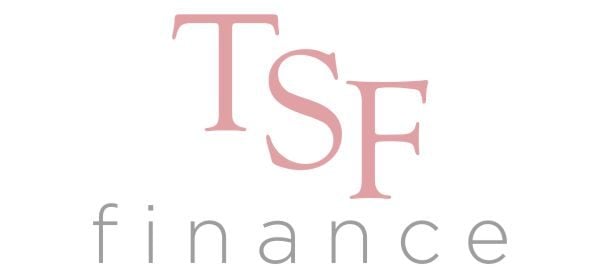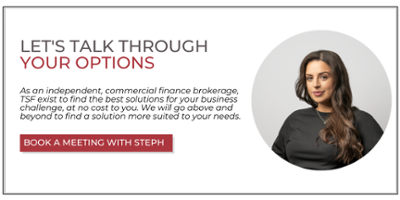When you think about business financing, your mind will inevitably drift towards banks. They’re the largest lending institutions for companies of all sizes – and for good reason. Banks tend to offer loans at the most competitive rates on the market.
However, banks are also notorious for their stringent requirements before a loan is approved. A high credit score is generally necessary, while they are unlikely to consider newcomers to the business world.
This is where alternative business financing options come to the forefront. As banks put up the roadblocks, alternative financing supplies a route towards the cash injection you seek. This explains why the alternative funding sector is growing at a considerable rate.
Are you unsure about what type of financing is available? Perhaps you are hesitant to commit to a certain financing choice due to the fear of making the wrong decision? Maybe you’re uncertain about how to take that next step to secure funding? That’s where the following guide can help.
 Do I need funding?
Do I need funding?
First of all, you have to assess your decision to utilise external funding. Is it the right direction to take for your business? Ultimately, there is a significant amount of risk involved when receiving financial support from a lender.
Here are a few common reasons for SMEs to seek funding:
- Working capital for short-term funding demands
- Purchase of assets like new vehicles and machinery
- Expand your business with new products, locations, employees, etc.
- Restructure your existing debt
- A financial safeguard should your plans not come to fruition
What type of financing suits my business?
It’s settled: your company requires funding. Now it’s a case of finding the right financing that matches up to your business needs. In general, there are two main categories available: debt financing and equity financing.
When you finance through debt, this is when you get a business loan. Your company receives money from a lender, and this is intended to be used as capital expenses or working capital. The loan is secured against assets, which means your assets can be taken away if the loan isn’t repaid as agreed. Equity financing, on the other hand, is where you exchange a percentage of your company for money.
Within these categories, you’ll find a range of financing products available. Below are the products that we can help source for businesses:
- Invoice finance: If your business has a high amount of working capital tied up with debtors – aka customers – invoice financing is a suitable pick to fill in cash flow gaps. It allows you to turn your outstanding invoices into instant cash, making it an ideal short-term solution when a money injection is necessary.
- Asset finance: As it opens the door to purchasing the likes of new vehicles, machinery, and computer systems, asset finance is a popular funding solution. Instead of having to wait around and save for an expensive asset, you can acquire it instantly and cover the cost with scheduled weekly/monthly payments. The period of time this takes place over can range from 12 to 60 months.
- VAT loans: VAT can be a strain on your working capital. However, by financing your VAT with a loan, this relieves pressure, puts VAT surcharges and penalties behind you, and frees up some vital short-term capital that can be used for other areas of your company.
- Unsecured loans: An unsecured loan is provided to your company based on its creditworthiness. With loan periods generally ranging from 12 to 60 months, an unsecured loan can provide a significant cash injection of up to £400,000.
- Commercial mortgage: In the same way a residential mortgage allows you to purchase a home over a long period, a commercial mortgage presents the chance to buy a new property. It can also be used to refinance an already owned asset, either as a way to reduce your monthly payments or to raise business funds.
- Bridging finance: As the name suggests, bridging finance is used to cover any immediate financial emergency. This short-term loan ‘bridges the gap’, and the term usually only goes up to a maximum of 12 months.
What do I need to do before I talk to a lender?
You’ve seen the finance facilities comparison above and know which path to take. Now what? Before you speak to a lender, you need to be adequately prepared to get the financing you desire. This means gathering the right documentation, applying, and seeing if you’re eligible to receive financing. You will also have to determine what ability you have to repay the funding off.
To speed up the process and determine the best financing option, it makes sense to have a financial broker – like TSF – on your side. Not only will a broker find the best rates for you, but they also have the ability to secure alternative financing when you don’t meet strict bank loan requirements.
How can I access funding?
This is where TSF can provide a helping hand. Unlike other financial brokers, our customer service is unique and perfectly catered to your business needs. We put in the legwork to ensure you are matched with the most suitable lenders with the best terms and rates.
Are you ready to get the right business financing? Contact TSF Finance today and book a free consultation with one of our specialists.












